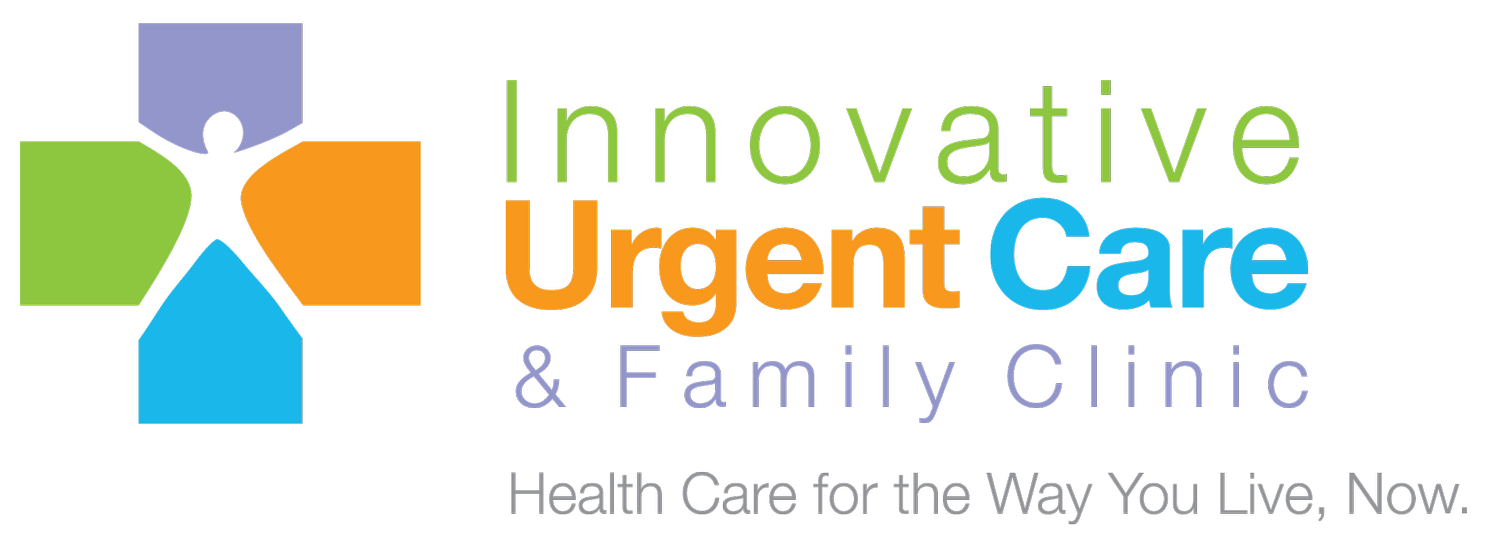Urgent Care vs. Primary Care: Which Is Right for Your Requirements?
Urgent Care vs. Primary Care: Which Is Right for Your Requirements?
Blog Article
A Comprehensive Guide to Making Use Of Urgent Care Prompt Treatment of Typical Health Problems and Conditions
Urgent care centers play a critical function in the health care landscape, using an important option for individuals looking for timely therapy for non-life-threatening conditions. With their extended hours and walk-in accessibility, these facilities satisfy common ailments such as minor injuries and respiratory system infections, providing timely assessments and efficient treatment. Nonetheless, recognizing when to utilize these services efficiently can substantially affect client outcomes and healthcare prices. What remains to be explored are the details problems that require a visit to immediate care and the advantages of picking this choice over conventional emergency solutions.
Recognizing Urgent Care Provider
 Immediate care services give a vital bridge between key care and emergency situation divisions, dealing with a range of non-life-threatening conditions that need immediate interest. These centers supply extended hours and commonly operate without the requirement for a consultation, making them an easily accessible alternative for clients experiencing sudden clinical problems beyond normal office hours.
Immediate care services give a vital bridge between key care and emergency situation divisions, dealing with a range of non-life-threatening conditions that need immediate interest. These centers supply extended hours and commonly operate without the requirement for a consultation, making them an easily accessible alternative for clients experiencing sudden clinical problems beyond normal office hours.
Along with treating immediate problems, lots of centers supply diagnostic solutions, such as X-rays and laboratory screening, which improve individual treatment and facilitate quicker medical diagnoses. Comprehending how to successfully make use of urgent treatment services can cause improved health and wellness outcomes, as clients get the necessary care without delay without overwhelming health care carriers or emergency services. This version enhances the general performance of the healthcare system, making certain that patients get suitable treatment in a timely manner.
Typical Problems Dealt With
A wide variety of common problems can be properly handled at immediate treatment centers, making them a convenient choice for clients looking for prompt medical attention. These facilities are furnished to manage a selection of non-life-threatening problems that need timely therapy.
Amongst one of the most regularly dealt with problems are respiratory system infections, consisting of colds, flu, and bronchitis. Urgent care centers likewise attend to small injuries, such as strains, cracks, and strains, supplying important treatment and stablizing. Furthermore, skin problem like rashes, insect bites, and minor burns are commonly evaluated and dealt with.
Gastrointestinal issues, including nausea or vomiting, throwing up, and looseness of the bowels, commonly timely visits to immediate treatment, especially when signs are severe. Urgent treatment carriers can additionally handle urinary system infections and various other non-emergency conditions. Additionally, patients can obtain vaccinations and precautionary care solutions, such as influenza shots and travel booster shots, making immediate care an accessible source for overall health care.
## When to Visit Urgent Treatment
When to visit an immediate care center can significantly improve the efficiency of your health care experience,Knowing. Urgent care centers are designed to supply prompt interest for non-life-threatening problems that require timely clinical treatment. Common reasons to seek treatment at an immediate care center consist of minor injuries, such as pressures, sprains, and fractures, as well as acute ailments like the flu, strep throat, or urinary tract infections.
In addition, immediate care is he said appropriate for conditions that show worsening symptoms but are not severe enough for an emergency room go to. Consistent vomiting, dehydration, or severe pain that necessitates quick attention can all be successfully handled in this setup.
It is crucial to differentiate in between immediate treatment and emergency care; the latter is scheduled for lethal scenarios, consisting of breast discomfort, severe bleeding, or loss of consciousness. Recognizing these differences not only streamlines your health care trip however also reduces the burden on emergency situation solutions. By examining the seriousness of your condition properly, you can make sure appropriate and prompt healthcare, allowing for a quicker healing and boosted wellness end results.
What to Anticipate During Your Check Out
During your check out to an urgent care center, you can expect a streamlined process designed to address your medical needs successfully. Upon arrival, you will usually sign in at the reception desk, where you will give your individual information, insurance policy information, and a short description of your symptoms. This preliminary step is important for ensuring that your instance is focused on properly.
Following check-in, you may be asked to finish a case history form, describing any kind of pre-existing conditions or drugs you are presently taking. When your documentation is full, a triage nurse will certainly assess your condition and figure out the necessity of your situation. This analysis will certainly assist direct the speed at which you receive treatment.
After triage, you will certainly be seen by a healthcare service provider, who will certainly perform a comprehensive evaluation and review your symptoms carefully. Relying on your diagnosis, the provider may order tests, suggest drugs, or suggest follow-up care. Throughout your visit, urgent treatment staff will certainly intend to keep you educated concerning your treatment strategy and any type of necessary next steps, ensuring a favorable individual experience.

Benefits of Choosing Urgent Treatment
Immediate care facilities supply a More Help range of benefits that provide to people looking for immediate clinical focus for non-life-threatening conditions. One of the key benefits is ease of access; many urgent treatment facilities run expanded hours, including weekends and evenings, allowing clients to obtain treatment when traditional offices are shut.
In addition, urgent treatment facilities are typically outfitted to manage a range of typical disorders, such as small injuries, infections, and diseases, without the need for an appointment. This comfort is particularly valuable for individuals with active timetables or those that can not wait for a main care see.
In addition, immediate treatment services have a tendency to be a lot more economical than emergency clinic check outs, with reduced co-pays and charges, making them a financially prudent selection. Numerous insurance plans cover urgent care check outs likewise to medical care the original source visits. Overall, immediate treatment centers provide timely, affordable, and efficient treatment, making them an attractive choice for individuals looking for prompt therapy.

Verdict
Comprehending when to utilize immediate treatment can improve client outcomes and complete satisfaction. Eventually, the critical usage of urgent treatment adds to a more streamlined health care experience, stabilizing quality care with benefit and affordability - urgent care.
Comprehending how to properly utilize urgent treatment solutions can lead to improved health end results, as clients receive the essential care promptly without frustrating main treatment carriers or emergency situation solutions. Individuals can receive vaccinations and preventive care services, such as influenza shots and travel immunizations, making urgent care an accessible resource for total wellness maintenance.
Usual reasons to seek care at an urgent treatment facility include small injuries, such as stress, fractures, and strains, as well as acute ailments like the influenza, strep throat, or urinary tract infections.
One of the primary benefits is ease of access; several immediate treatment centers run extended hours, consisting of weekend breaks and evenings, permitting people to obtain treatment when standard offices are shut. Overall, immediate treatment facilities use timely, affordable, and reliable medical care, making them an enticing option for people in requirement of immediate treatment.
Report this page